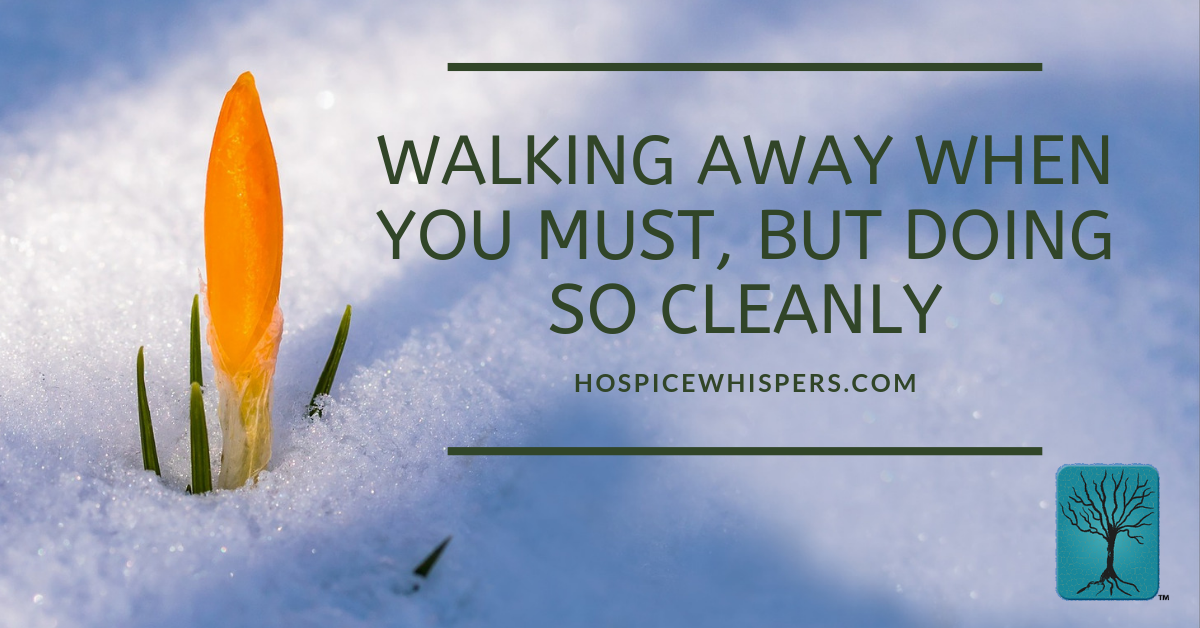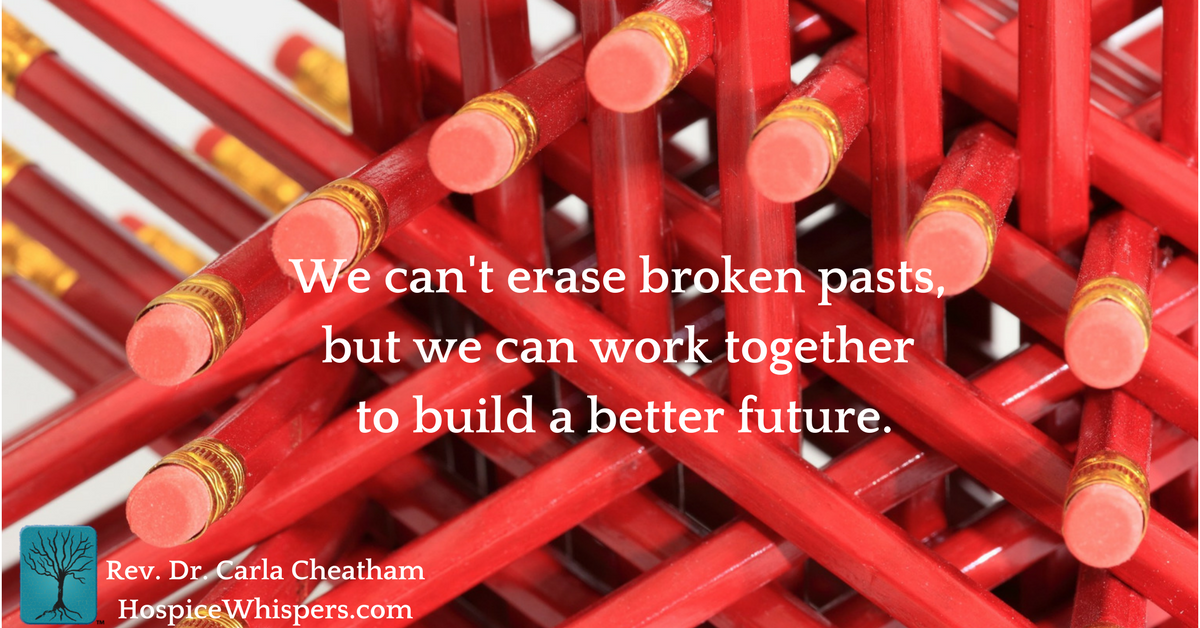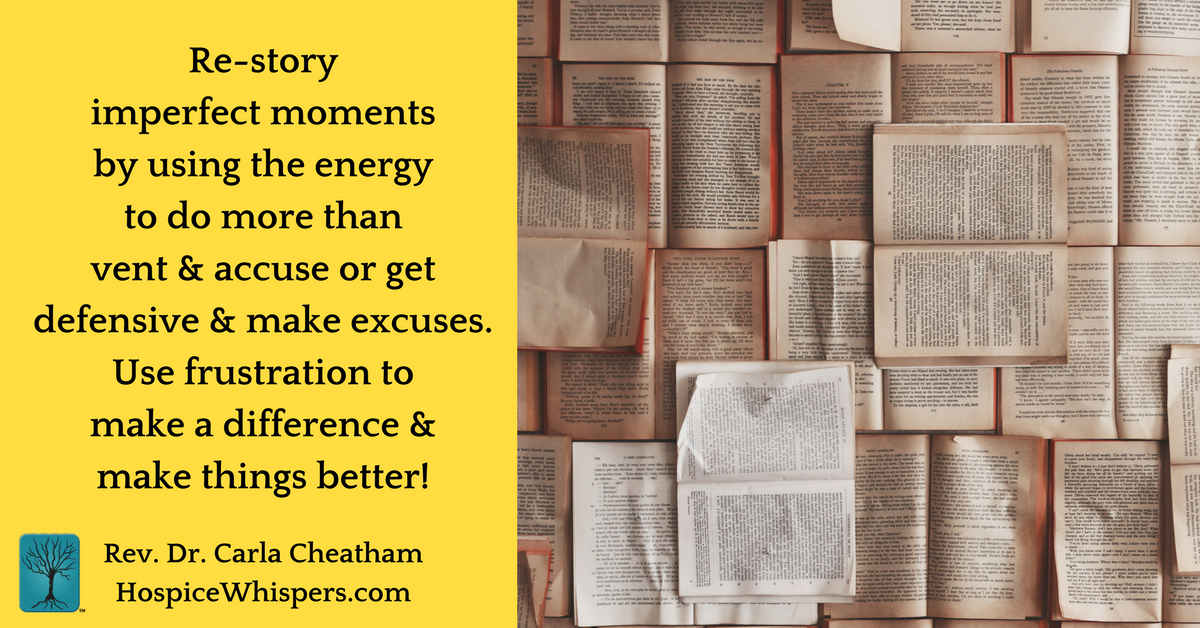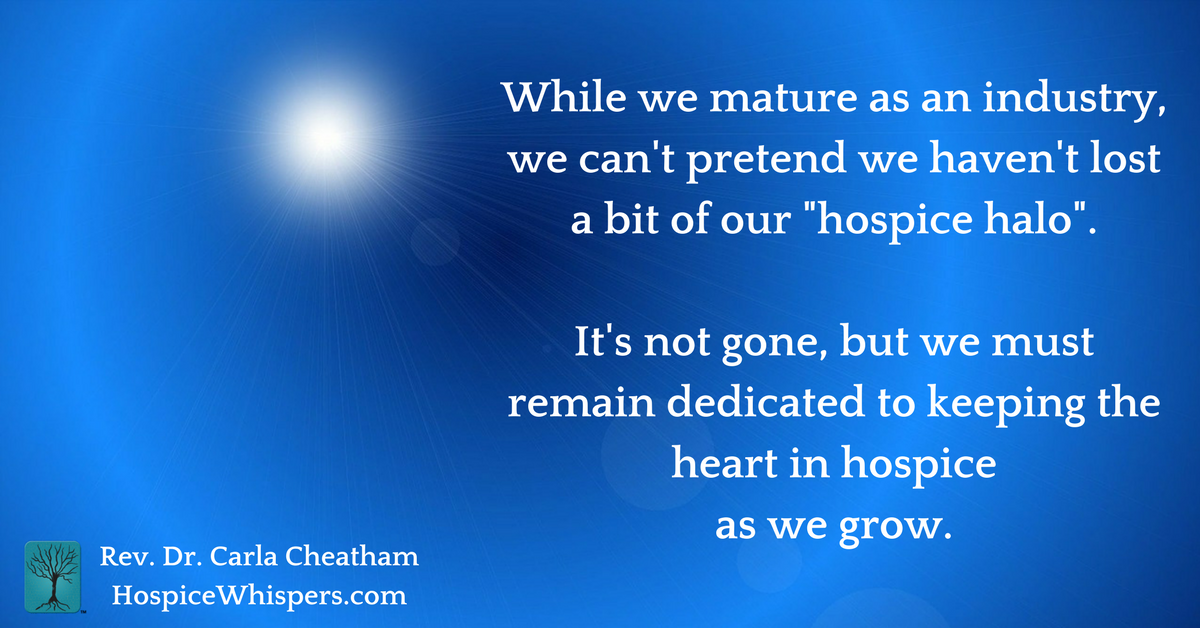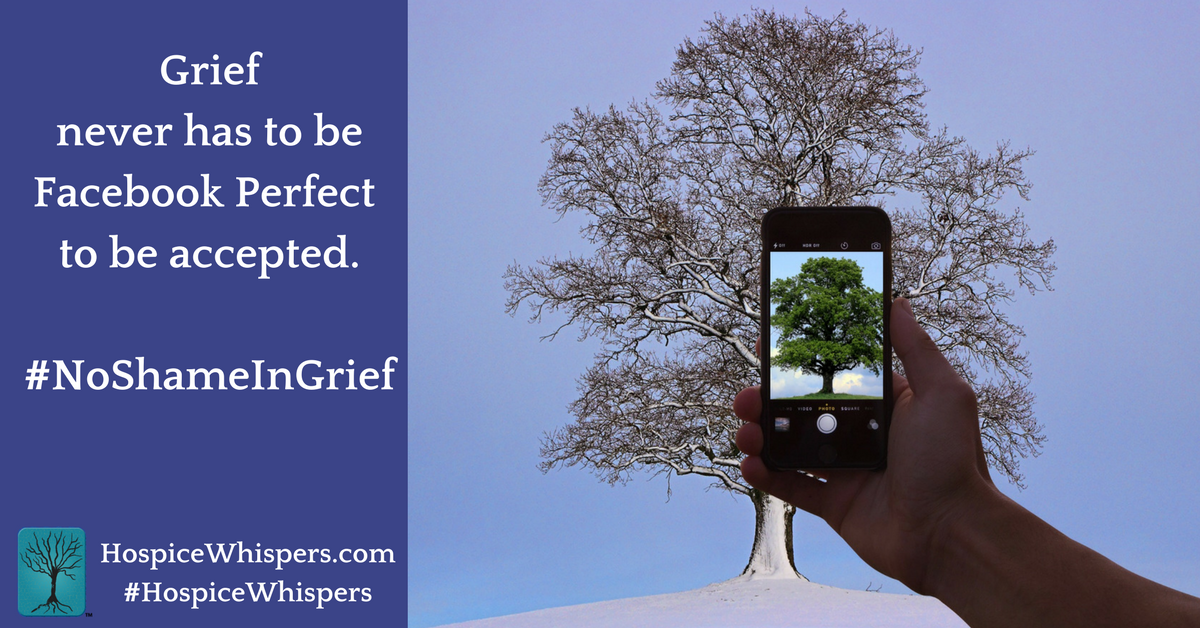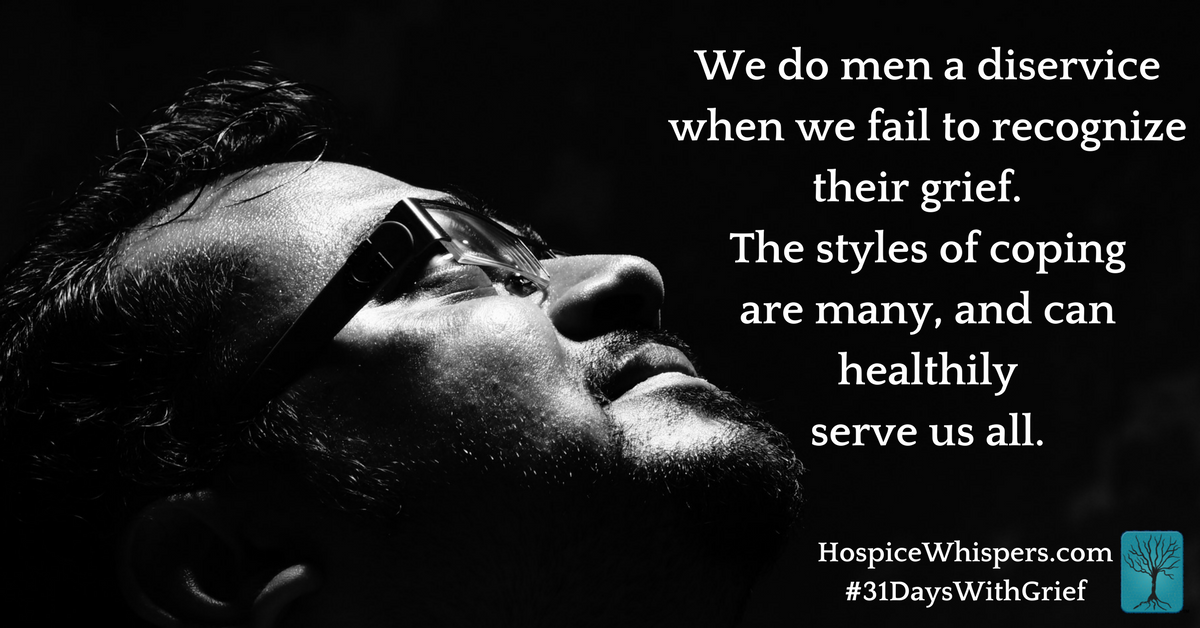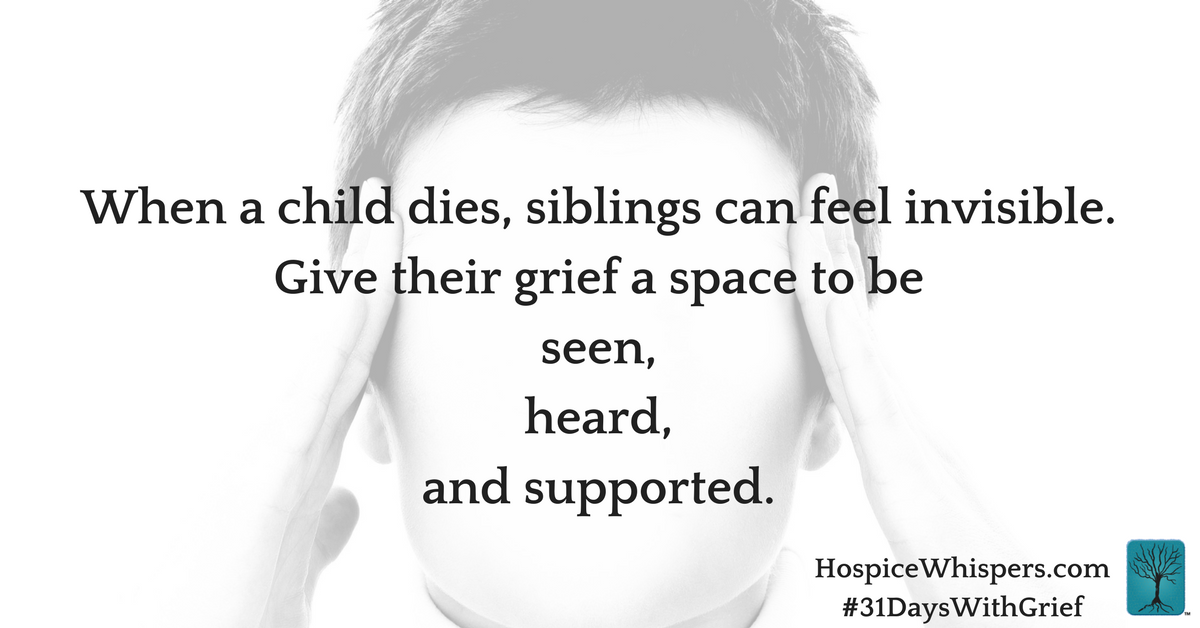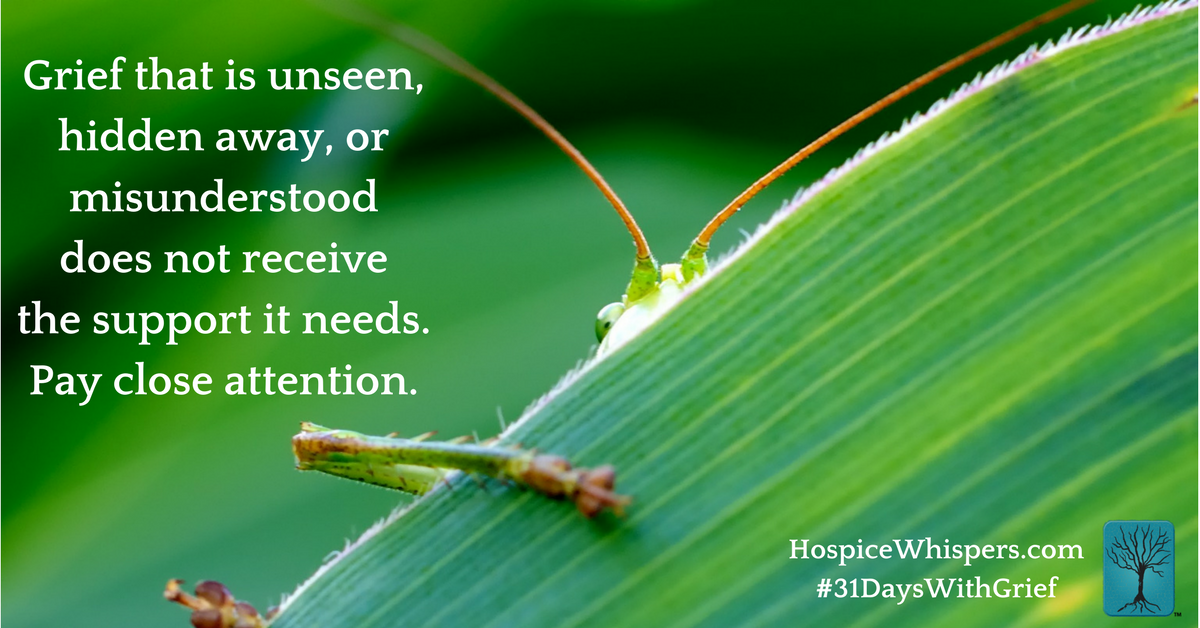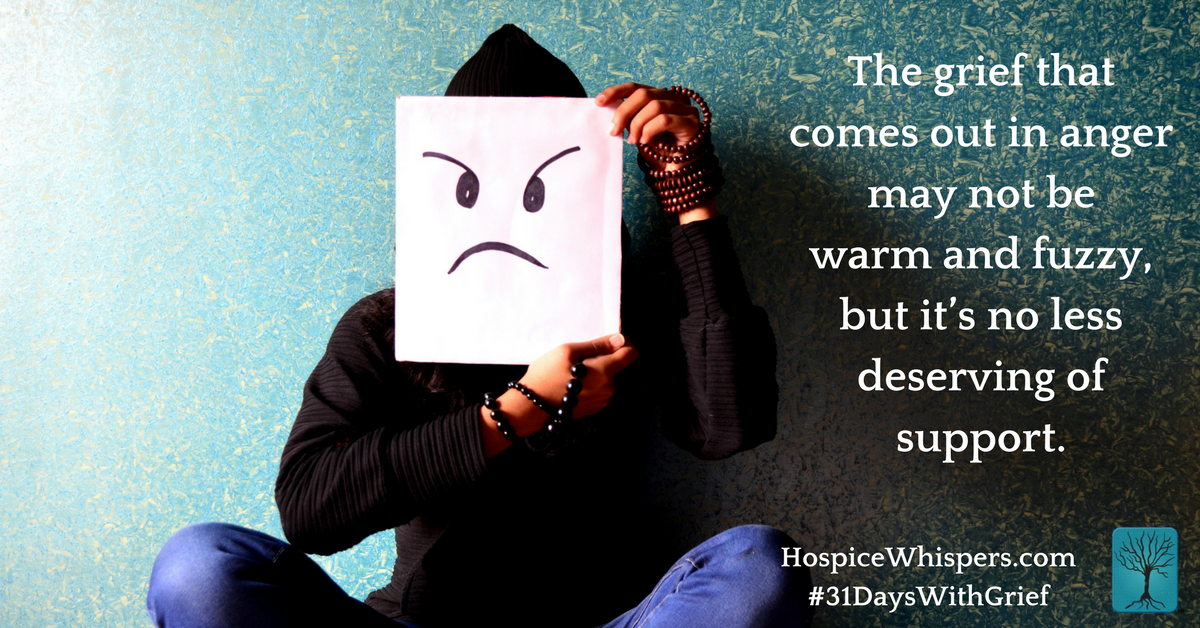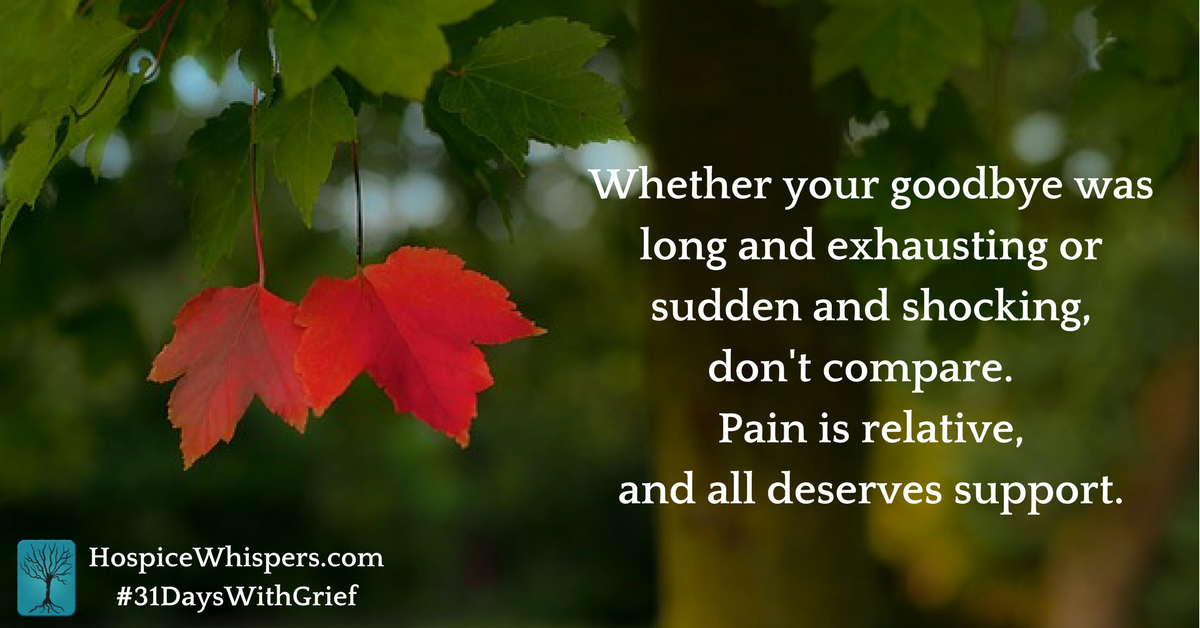I’ve had a lot of conversations and messages in response to my post on Mother’s Day.
It seems to have struck a chord with many, regarding various kinds of relationships, in a helpful, healing way.
Given the work I do, that kind of self-disclosure and vulnerability is often taboo, and just stinking hard. I also always work to walk a line many writers grapple with between how much to share when others in the story are still alive…
Where does respect end and keeping secrets begin? Where is the line between sharing my story and bumping too far into theirs? I had that very conversation with a writer friend just a couple of weeks ago.
For me, I try to focus on sharing publicly from as balanced of a place as I can about my story, rather than others’.
Brene Brown talks about the SFD, the shitty first draft, in her book, Rising Strong. It is the raw, unfiltered, unprocessed, unchallenged story we’re telling ourselves about what we think happened, and what we’re thinking and feeling about it.
As we wrestle with the stories in our SFD, we can get more clear about where our perceptions might be off, what our part may be in the situation, and what we may be able to learn from it. It’s a way of filtering through the fuzziness of our subjective experience and getting enough distance from our stories to be able to see ourselves and the situation from a more grounded, balanced perspective.
It’s essentially what treatment programs using 12-step models often call a 4th step inventory.
My spiritual director wisely challenges me on a regular basis to check in with the stories I’m telling myself about a person or situation. Most often, there’s a lot in the story designed to protect me, and there’s nothing wrong with that. Of COURSE my brain is hard wired to protect me.
The trick is to not let the story run away with itself, or with me, but to unpack it past my defenses and get more honest and real with myself, and others.
At the end of the day, I find what my part is, even if my part is just about having better boundaries and being more aware of why I didn’t set them more clearly in the first place.
The point is that, for me, the line I try to walk is to NOT write publicly my SFD, my unchallenged story, which will be skewed in my favor. Instead, I try to share from a more authentic and examined place, so as to own it as my story and not just blast everyone else for what I believe their part is. That way, I’m sharing my story, not theirs.
Having said that, many of you seemed to most resonate with the idea of taking space from situations or relationships we experience as harmful and how much shame and guilt we face from others when we try to do so.
I’m not a fan of treating people as if they’re disposable. I do not respect temper tantrums that equate to, “I’m not getting what I want, so I’m going to punish you and pack up my toys and go.” Not cool.
Besides, I’m a tenacious, red-headed, Texas Aries–we think there’s ALWAYS a way to make things work. It’s a wonderful trait, until it isn’t.
A very wise co-counselor I worked with a couple of decades ago when I was a snot-nosed young therapist helped me find a powerful measuring stick for this dynamic of when to stay and when to go.
We were discussing a case we were working together and I heard myself repeat a cliche that is often spoken when a relationship struggles, “Well, you know, it takes two.”
This wise woman turned to me and with the most serious look I’ve ever seen on her face before or since quietly said, “Carla, that’s not true. It takes two to make peace, it only takes one to make war.”
That sentence changed my world.
If I am doing all that I can in the moment to make peace, and the other is not yet there to join me, then it is ok to walk away and not engage in their one-sided war. There will be no peace unless we’re both able to participate, and there’s nothing wrong and everything right with walking away.
Now HOW we walk away and handle ourselves, and the other person, as we do so is a whole other story–for which we are accountable.
Regardless, walking away from destruction doesn’t make us bad or weak or mean or any of the other propaganda techniques some may use to try to convince us to stick around and keep playing the game.
As the super-computer in the 80’s cult classic, War Games, finally learned, “Some times the only way to win is not to play the game.”
Certainly, distance is proportionate to the length and strength of their missiles, the strength of my defenses, and how invested I am in using my energy to hold them up against assault. I get to decide what I am and am not up for or interested in investing my energy in.
The situation will also ebb and flow as I feel stronger and healthier, which sometimes means coming closer and sometimes, even BECAUSE I’m healthier, choosing to walk further away.
The bottom line here is this–find a safe place to sift through your SFD. Then, do what you need to do to take care of yourself. So long as you are doing your best to do so in a way that contributes to greater peace, within yourself and with others, don’t let anyone for even a moment invite you to feel guilt or shame for being compelled toward greater health and sanity and, well, LIFE.
That’s their SFD to sort through and unpack. You’ll already have done the work to own your own story, find your part, and get clear about where you need to grow, change, and make amends to others and even to yourself.
And then you’ll be ready to write a new, even better and more authentic story that is all your own.
For what it’s worth.
Peace
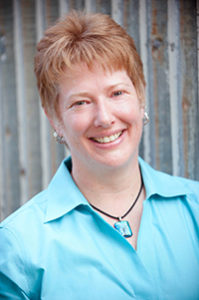 Rev. Carla Cheatham, MA, MDiv, PhD, TRT has served hospices as a chaplain and bereavement coordinator. She’s the Section Leader for the Spiritual Caregivers Section of the National Hospice and Palliative Care Organization, Chair of NHPCO’s Ethics Advisory Council, and an adjunct professor at the Seminary of the Southwest and an Affiliate Associate Professor at the University of Maryland. Through her Carla Cheatham Consulting Group, Carla provides training and consulting for professional caregiversnationwide. She is the author of Hospice Whispers: Stories of Life and its companion volume, Sharing Our Stories: A Hospice Whispers Grief Support Workbook. Her next book, On Showing Up with Suffering: Others’ and Our Own, is set to publish in 2019.
Rev. Carla Cheatham, MA, MDiv, PhD, TRT has served hospices as a chaplain and bereavement coordinator. She’s the Section Leader for the Spiritual Caregivers Section of the National Hospice and Palliative Care Organization, Chair of NHPCO’s Ethics Advisory Council, and an adjunct professor at the Seminary of the Southwest and an Affiliate Associate Professor at the University of Maryland. Through her Carla Cheatham Consulting Group, Carla provides training and consulting for professional caregiversnationwide. She is the author of Hospice Whispers: Stories of Life and its companion volume, Sharing Our Stories: A Hospice Whispers Grief Support Workbook. Her next book, On Showing Up with Suffering: Others’ and Our Own, is set to publish in 2019.

